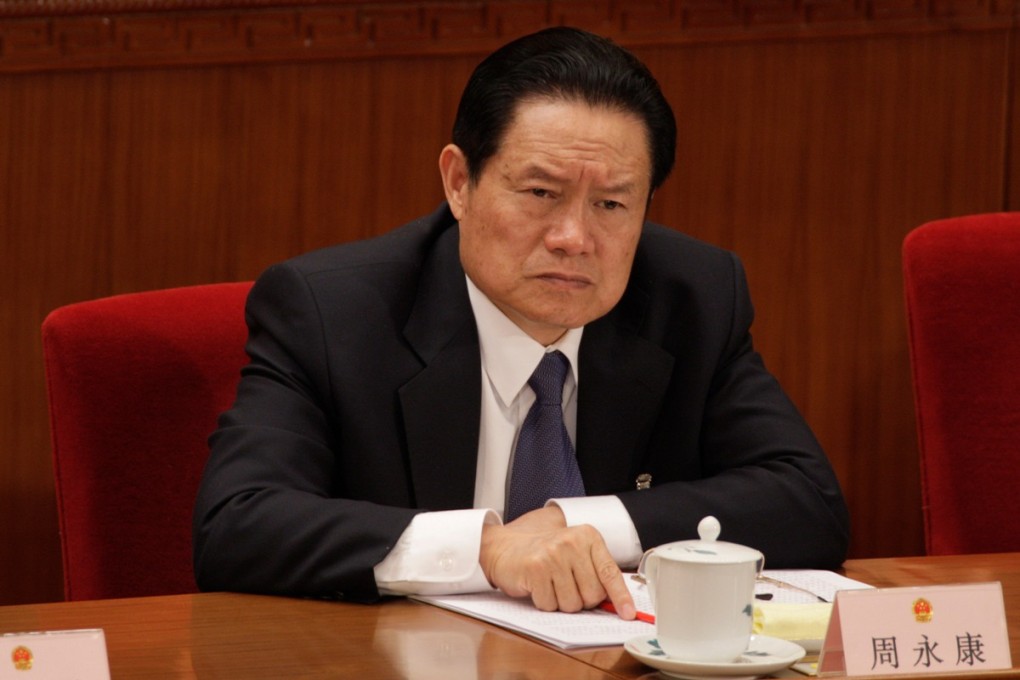'Petroleum gang' star held wide sway
The Communist Party's decision to expel Zhou Yongkang and hand him over to prosecutors has almost certainly put an end to his career, which extended across the most influential sectors of modern China.

The Communist Party's decision to expel Zhou Yongkang and hand him over to prosecutors has almost certainly put an end to his career, which extended across the most influential sectors of modern China - oil, land and the national police apparatus.
Zhou was born in 1942 in Wuxi, Jiangsu province, and studied oil exploration at the Beijing Petroleum Institute, graduating in 1966. He joined a geology team scouting for wells in Heilongjiang' s Daqing Field, which was then just starting production.
He remained in the industry, working in exploration and surveying, eventually becoming part of the "petroleum gang" - top officials who began their professional lives in the business.
In 1985, Zhou was named vice-minister of the Petroleum Industry and stayed there until it was disbanded by the central government, who renamed it the China National Petroleum Corporation (CNPC) in 1988.
Over the next decade, he rose through the ranks of the corporation to become general manager, in addition to being the party's top man at the company, before leaving in 1998.
Zhou was tapped to head the Ministry of Land Resources, and the following year was named party secretary of Sichuan , a post he held until 2002. The resource-rich province would eventually become the power base for Zhou and his family.